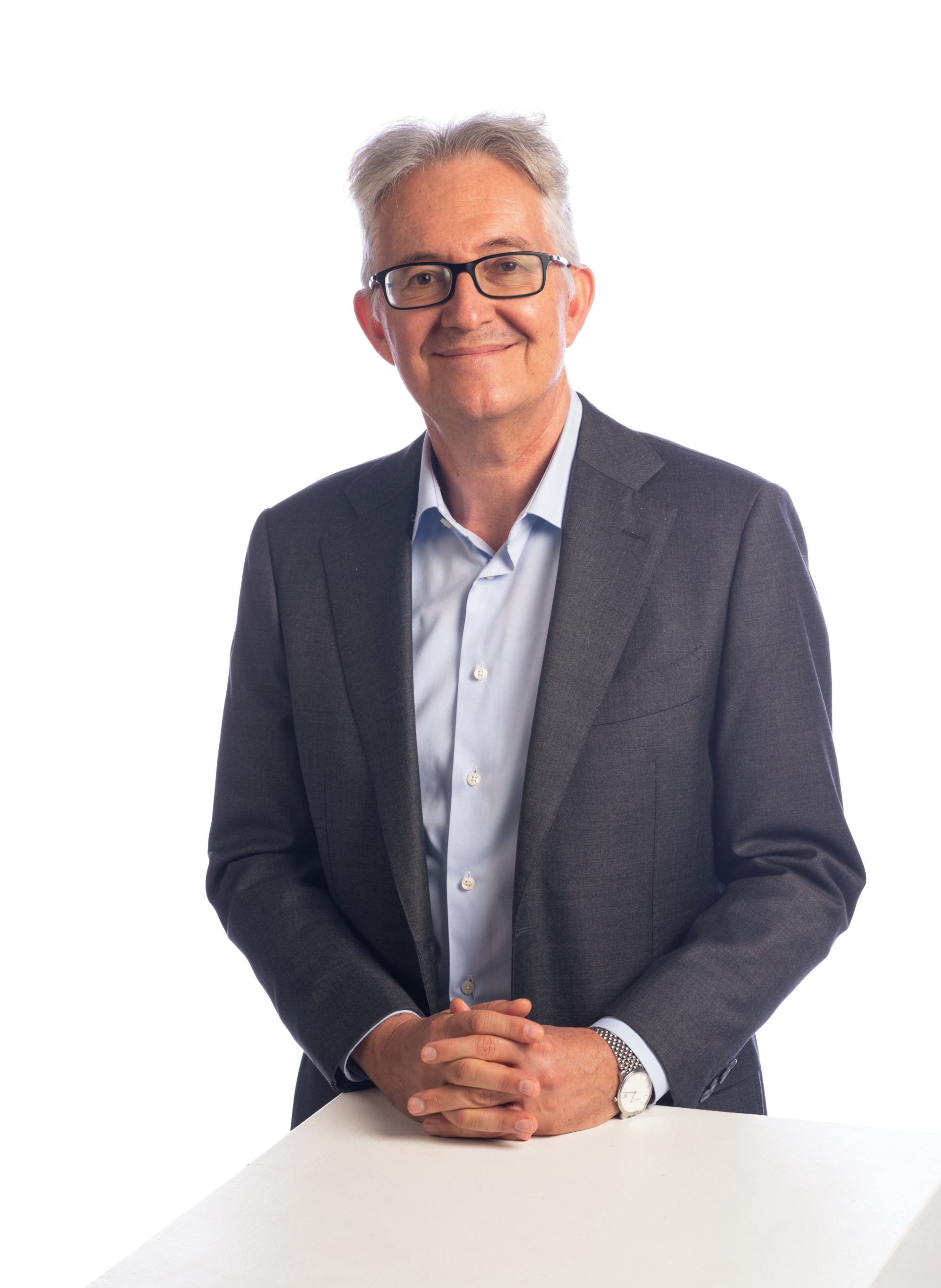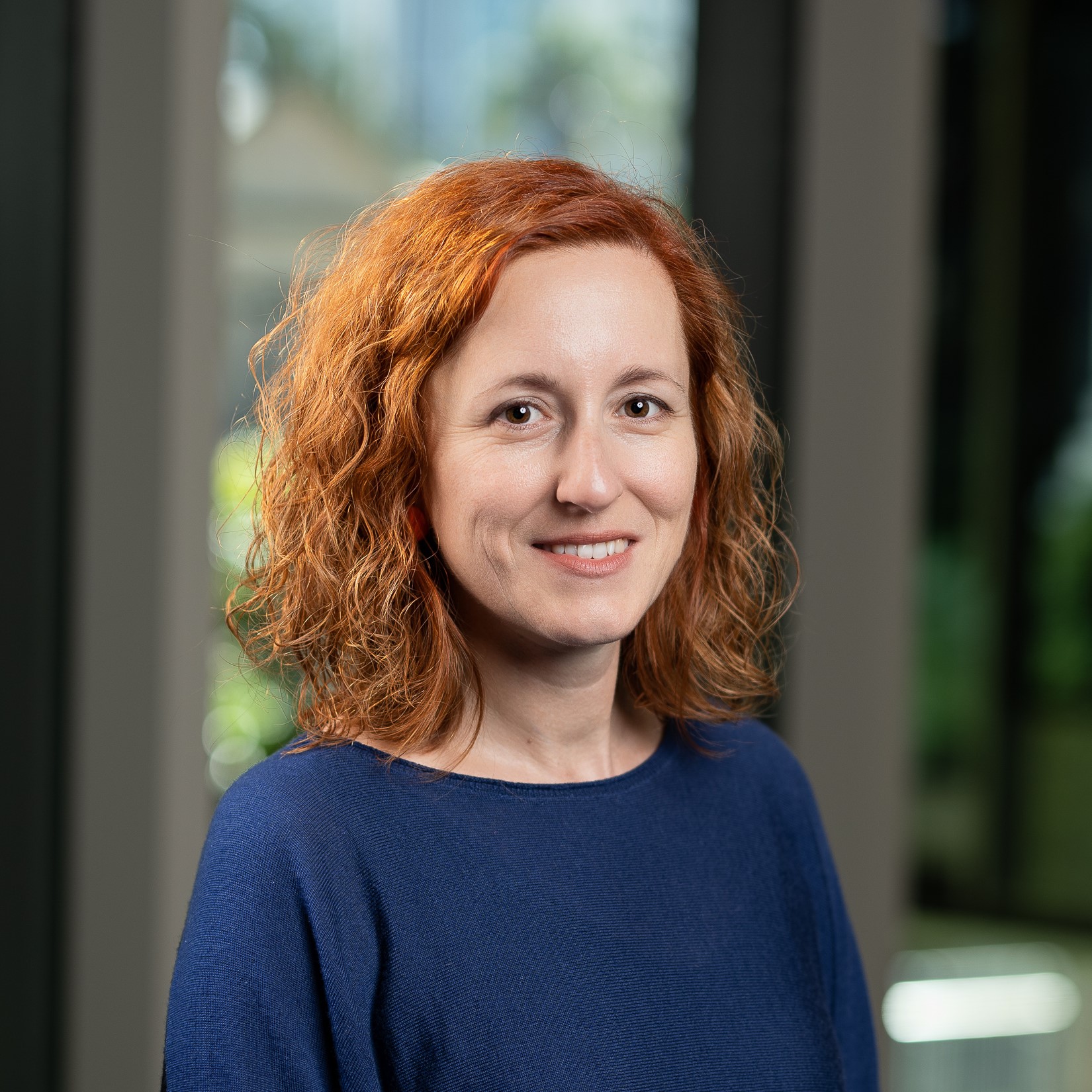
More than 140 of the world's leading atmospheric scientists will gather at QUT this week for a three-day conference to share new research on several themes to do with aerosols, cloud formation and climate effects, including the potential for using clouds to cool the Earth by deflecting sunlight.
QUT Professor Zoran Ristovski, who is chair of the 21st International Conference on Nucleation & Atmospheric Aerosols (27 June to 30 June), said understanding the behaviour and impact of aerosols was essential for accurately predicting climate change and its associated effects.
“The conference participants all study aerosols to improve climate models and better understand their interactions with radiation, clouds, and precipitation,” Professor Ristovski, from QUT School of Earth & Atmospheric Sciences said.
“We do this research to enhance our understanding of climate dynamics and improve predictions of future climate scenarios and even modify the climate locally by changing the clouds.

“Every cloud droplet in the earth’s atmosphere starts its life from an aerosol particle.
“Aerosols are tiny solid or liquid particles suspended in the Earth's atmosphere and play a crucial role in the Earth’s climate system.
“Without these particles in the atmosphere we would have no clouds over the Earth.
“Some particles form naturally in the atmosphere while others such as dust, sea salt, or volcanic ash are emitted by various natural sources.
“Of course, human-generated aerosols such as industrial pollution and vehicle emissions are also in our atmosphere.”
QUT atmospheric scientist Associate Professor Branka Miljevic will present research in the Southern Ocean undertaken to advance understanding of the mechanisms of aerosol production and aerosol-cloud interactions in this pristine environment.
“Aerosol-cloud interactions represent the largest source of uncertainty in estimating the trajectory of human-induced global warming and future climate,” Professor Miljevic said.
“An incomplete understanding of aerosol-cloud interactions in the Southern Ocean has led to models which consistently underpredict aerosols and cloud cover in that region and thus overestimate the amount of sunlight reaching the Earth’s surface.
“To gather better observational data on aerosol sources, properties and impact on cloud formation in order to build more accurate models, we joined a scientific voyage to the Southern Ocean to study its pristine atmosphere.

“During the voyage, we observed a week-long period of unusually high gaseous methanesulfonic acid (MSA) levels at high latitudes closer to Antarctica. MSA is one of the products of oxidation of dimethyl sulphide which is emitted in the atmosphere by phytoplankton, plentiful in this region.
“This is an important finding because MSA plays a significant role in new particle formation in marine atmospheres and contributes to aerosol particles growing to sizes where they can act as seeds for cloud droplets.
“The study raises questions on how frequent and important these “high MSA” events are in high latitude regions. Only more observational data will answer this question.”
Professor Ristovski said other research presented at the conference includes:
- Dr Daniel Harrison from Southern Cross University speaking about using marine cloud brightening to cool the coral.
- Professor Yafang Cheng from Max Planck Institute, Germany on their research on multiphase chemistry in the formation of haze in Chinese megacities.
- Professor Federico Bianchi from University of Helsinki, Finland, will speak about new aerosol particle formation in extreme environments, from the two poles to the highest mountain peaks.
- Professor Vijay Kanawade from the University of Hyderabad, India, will give us insight into new aerosol particle formation in Indian mega cities and how they influence air quality and climate.
QUT media contacts:
Niki Widdowson, 07 3138 2999 or n.widdowson@qut.edu.au
After hours: 0407 585 901


